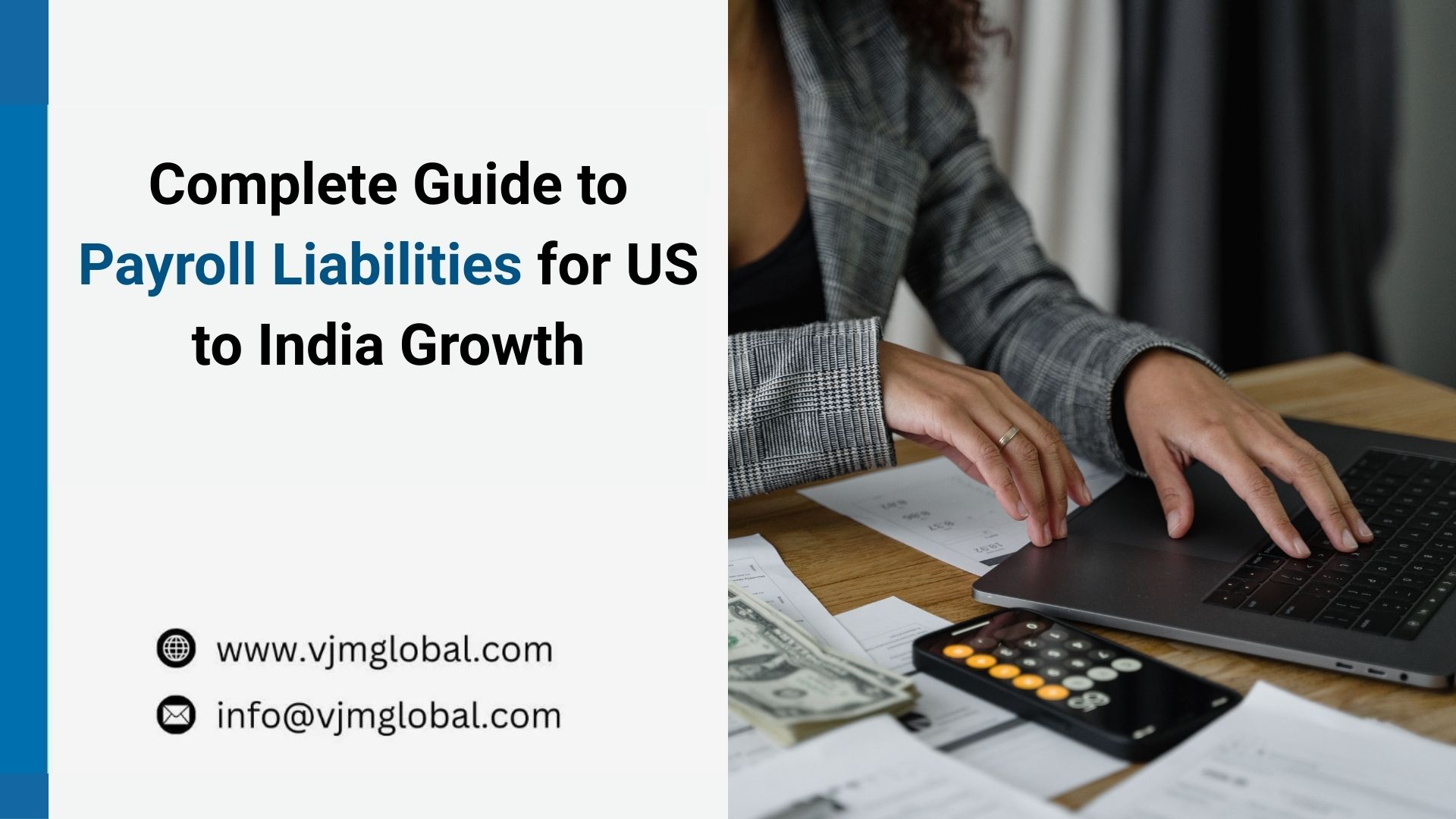The Central Board of Direct Tax (CBDT) has notified new valuation methods by amending provisions of Rule 11UA of Income Tax rules with effect from 23rd September, 2023. This amendment is made post covering fundings received from non-resident in excess of Fair market value under income tax ambit.
This article contains a detailed analysis of amendment made in Section 56 of Income Tax Act read with Rule 11UA of Income Tax rules:
1. Earlier Law
- As per Section 56(2)(viib) of Income Tax Act , if any closely held company receives consideration from any resident person for issuance of shares, including preference shares, then consideration received in excess of Fair Market Value (FMV) of such shares shall be considered as “Income from Other Sources”.
- However, such a section shall not apply if consideration is received from any non-resident.
- Provisions of Section 56(2)(viib) is also known as “Angel Tax” provisions.
- Fair Market Value of such shares is to be determined as per the provisions of Rule 11UA of Income Tax Rules.
- As per Rule 11UA, FMV of unquoted equity shares can be determined as per any of the following methods, as per option of assessee:
- Net Asset value of the company as per Books of accounts; or
- Value as per Discounted Cash Flow (DCF) method; or
- FMV of preference shares shall be the estimated price it would fetch if sold in the open market on the valuation date. Assessee may obtain a report from a merchant banker or an accountant in respect of such valuation.
2. Amendment
- Finance Act,2023, has proposed to delete the word “Resident” from Section 56(2)(viib) with effect from 01.04.2023.
- As a consequence, consideration received from Non-residents for sale of equity shares or preference shares in excess of Fair Market Value shall be subject to income tax under head other sources.
- The expansion of angel tax provisions gave rise to concerns regarding valuation disputes on investments made by genuine and regulated NR investors in Indian companies (including start-ups registered with the Department for Promotion of Industry and Internal Trade -DPIIT).
- In response to queries from industries, CBDT amended Rule 11UA with effect from 25th September, 2023.
3. Amendment in Valuation Rules
- Amended rules provide for valuation of Unquoted Equity Shares and Compulsorily Convertible Preference Shares (CCPS).
- Following are the amended valuation rules:
3.1 Unquoted Equity Shares:
3.1.1 Unquoted Equity Shares are issued to Residents:
In case unquoted equity shares issued to residents, valuation can be done through either of the following method at the option of the assessee:
- Net Asset Value method: Under this method, FMV of equity shares is derived through (A-L)*(PV/PE) where:
- A: Book Value of Assets in the Balance Sheet
- L: Books value of the Liabilities excluding shareholder’s fund and other specified amount
- PV: Paid up value of Equity shares issued
- PE: total amount of paid up equity share capital as shown in the balance-sheet
- Discounted Free Cash Flow method as determined by a merchant banker
3.1.2 Unquoted Equity Shares issued to Non-residents:
In case of shares issued to non-resident, Fair market value can be determined through any of the following method at the option of the assessee:
- Net Asset Value Method
- Discounted Free Cash Flow method
- Comparable Company Multiple Method
- Probability Weighted Expected Return Method
- Option Pricing Method
- Milestone Analysis method
- Replacement Cost Method
3.2 Compulsorily Convertible Preference Shares (CCPS)
In case of Issuance of Compulsorily Conertible preference Shares (CCPS), Rule 11UA provides different methods of valuation based on status of person to whom shares are issued. Rule 11UA(2)(B) specifies method of determination of FMV of CCPS.
3.2.1 CCPS issued to residents
FMP of CCPS issued to residents shall be determined through either of the following method at the option of the assessee:
- Discounted Free Cash Flow Method as determined by a Merchant Banker;
- Value based on the fair market value of unquoted equity shares determined through the above mentioned method.
3.2.2 CCPS issued to Non-residents
FMP of CCPS issued to non-residents shall be determined through either of the following method at the option of the assessee:
- Discounted Free Cash Flow Method as determined by a Merchant Banker;
- Value based on the fair market value of unquoted equity shares determined through the above mentioned method
- Comparable Company Multiple Method
- Probability Weighted Expected Return Method
- Option Pricing Method
- Milestone Analysis method
- Replacement Cost Method
3.3 Preference Shares other than CCPS
FMP of preference shares other than CCPS shall be the estimated price it would fetch if sold in the open market on the valuation date. Assessee may obtain a report from a merchant banker or an accountant in respect of such valuation.
3.4 Price matching facility for both resident and NR investment
As per First proviso to Section 56(viib), provisions of clause (viib) shall not apply where the consideration for issuance of shares is received:
- by a venture capital undertaking from a venture capital company or a venture capital fund or a specified fund; or
- by a company from a class or classes notified by the Central Government.
As per Rule 11UA, where the consideration is received by a venture capital undertaking from a venture capital fund or a venture capital company or a specified fund or by a company for class of persons notified through issue of unquoted equity shares, then the the price of the equity shares corresponding to such consideration may be taken as the fair market value.
However, consideration received from such fair market value does not exceed the aggregate consideration that is received from notified person or venture capital company or venture capital funds.
Also, the company is required to receive such consideration within a period of 90 days before or after the date of issue of shares which are the subject matter of valuation.
E.g. A Company obtains funding of INR 5,00,000 from notified persons for issuance of 500 shares. Therefore, The company can issue 500 hundred shares @ 1000 to any other investor within a period of 90 days before or after the receipt of consideration from notified person.
This option of FMV calculation is available to both resident and non-residents for issuance of both Unquoted Equity shares and CCPS.
3.5 extended time period for merchant banker valuation
- Erstwhile Rule 11UA required a merchant banker valuation report as on the date of issue of shares.
- However, amended Rule 11UA provides flexibility that a merchant exporter can provide his report not more than 90 days prior to the date of issuance of equity shares and CCPS.
- Consequently, the reference to date of valuation stands modified from date of receipt of consideration to date of merchant banker valuation report
3.6 Safe harbor valuation tolerance limit of 10%
- So far, consideration received in excess of fair market value was considered as “other income” and was liable to Income Tax without any exemption.
- However, amended provisions of Rule 11UA provides a safe harbor of 10%.
- Therefore, in case of shares issued to resident and consideration received (issue price) is within 110% of:
- FMV of equity shares determined as per Net Asset Value or DCF method;
- FMV of CCPS determined as per DCF
Then, issue price shall be considered Fair Market Value of the shares and Accordingly,
the company is not liable to pay any income tax.
- In case of shares issued to non-resident and issue price is within 110% of:
- FMV of equity shares is determined as per NAV or DCF or any of the new 5 specified methods;
- FMV of CCPS is determined as per DCF or any other new 5 specified methods
Then, issue price shall be considered Fair Market Value of the shares and Accordingly,
the company is not liable to pay any income tax.













